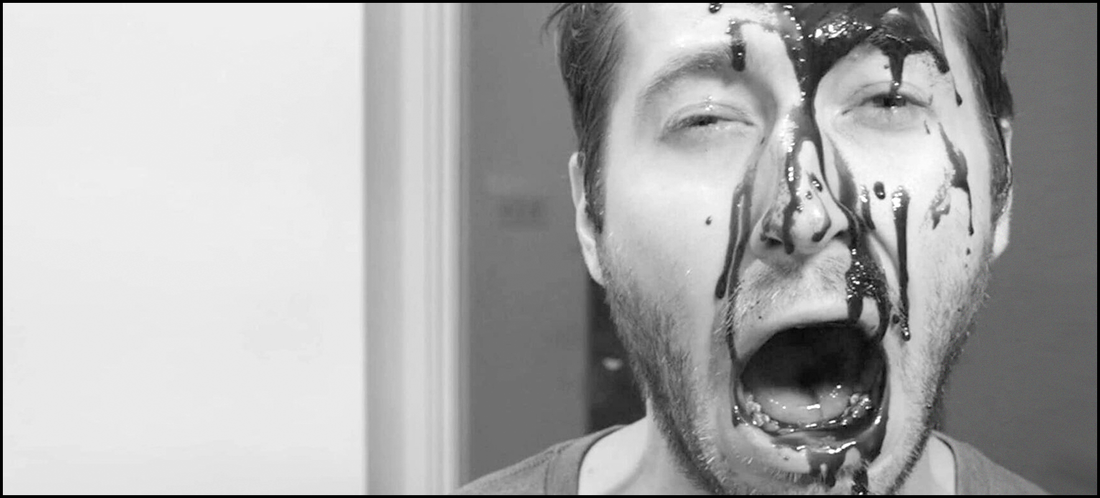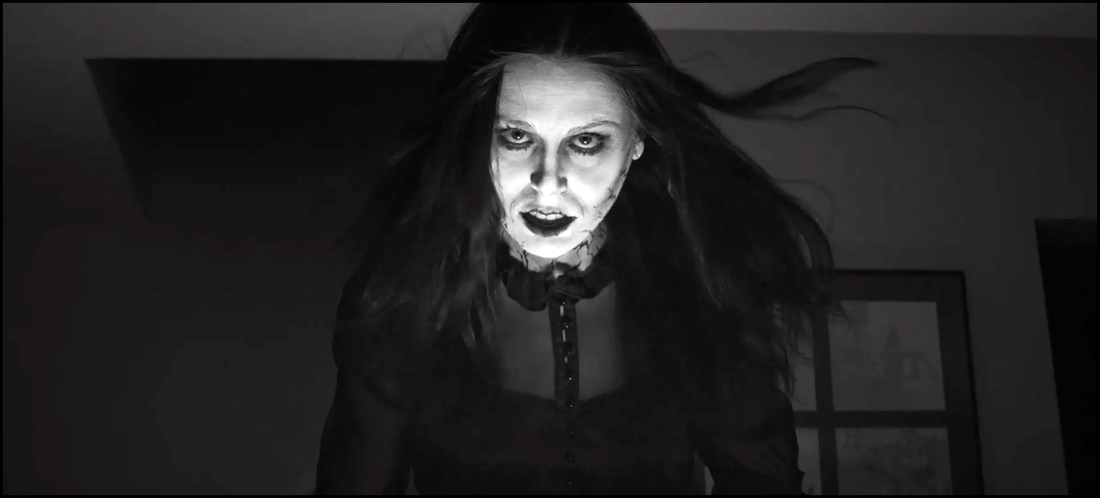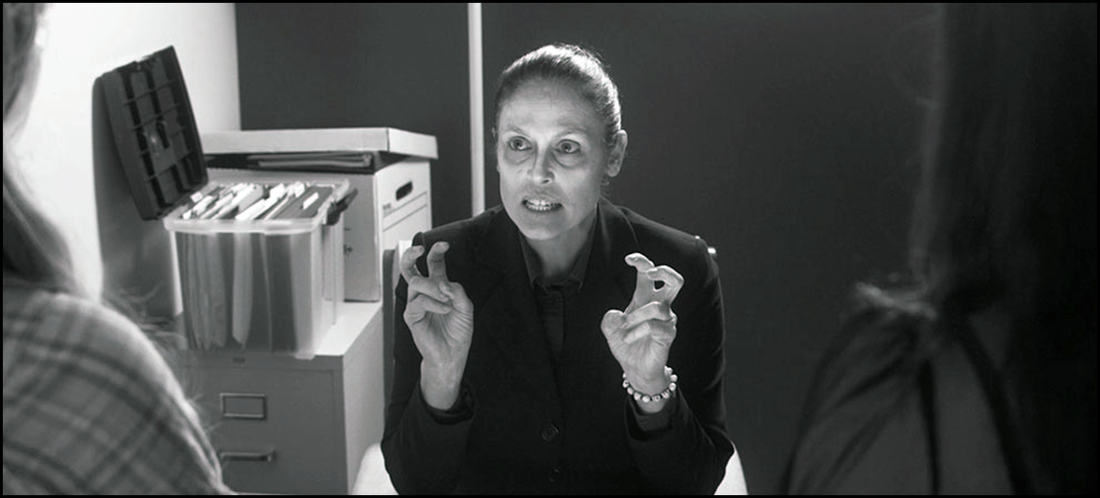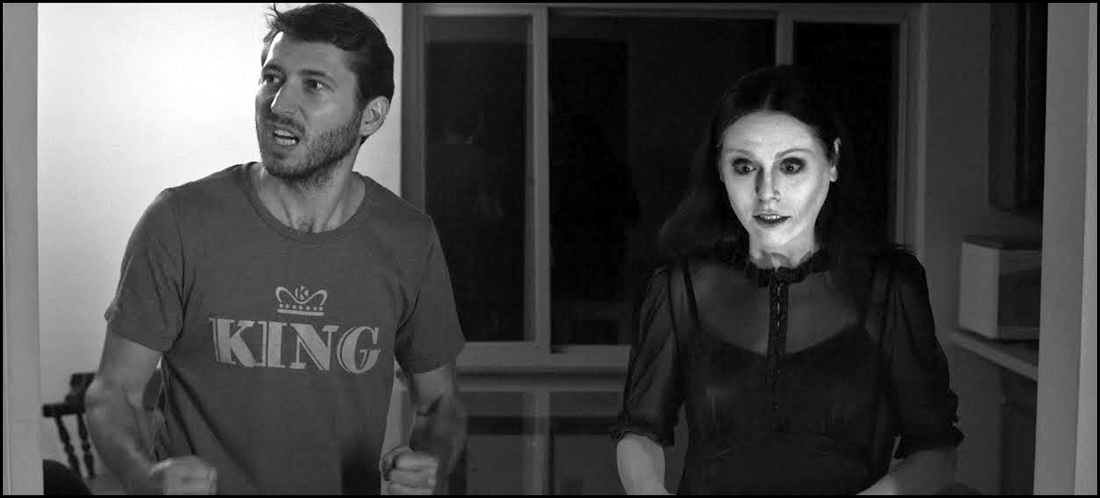In one sense, such a tactic gives these critics intellectual capital over the masses – or, at least, the folks who still read movie reviews and essays – and, thus, they feel the need to preach to the rest of us about all the things we do to destroy life. “Meat is bad for you,” they’ll say, and then they’ll expound how no one was featured eating meat in the film, which somehow positions them to argue this motion picture is pro-vegan. In reality, meat had nothing to do with the story, but never let a crisis (or opportunity) go to waste when you can castigate those you find beneath you.
On the other hand, such critical trickery can make for some unintended, entertaining reading. Imagine a writer going to such great lengths to have something not just relevant but earth-shattering to say of a motion picture? Oh, the mental gymnastics some folks will go to to score political points when all they’re truly accomplishing is clarifying their own biases in black-and-white for the world to see. Such folly is enough to make regular folks like you and me laugh!
Still, I do check out what’s been written about most of the films I personally view for review purposes as part of my stewardship here on SciFiHistory.Net. This is especially important as I watch more than my fair share of secondary releases, not necessarily the ones with the biggest stars, the broadest budgets, and the bottomless adverts. Some of these films – especially the art-house ones – can topple some very daunting subjects, and I do feel compelled to see if the directors, screenwriters, and other creatives have sounded off elsewhere. Consider it part of being a well-informed editor.
So I read a handful of reviews for A Ghost Waits, and I’ve seen this charming little independent comedy/horror attached to some ideas I suspect no one involved ever intended.
Like to know more?
Stay tuned after the break …
From the product packaging: “Tasked with renovating a neglected rental home, handyman Jack quickly finds out why the tenants keep leaving in droves – this house is haunted. The ghost in question is Muriel, herself employed from beyond the veil to keep the home vacant. Against the odds, Jack and Muriel find they have a lot in common … pulse notwithstanding. Having found a kindred spirit in an otherwise lonely existence, they must fight for their newfound affection as pressure mounts for them each to fulfil their ‘cross-purposes.’”
Let me cut through all the rubbish and be perfectly clear on this point: A Ghost Waits is a love story. Yes, it has a Fantasy framework by which to introduce this budding relationship between man and – erm – womanly spectral agent (that’ll make more sense once you’ve seen the picture); but there endeth the lesson. This is no cerebral study of what makes one person choose life over death, much less death over life … unless you consciously choose to take that message from it.
Here’s the dirty little secret about film criticism, and I learned it all the way back in junior high school: most of the messages you find in a particular film are morals you put in there. Storytelling (or most of it) is largely a subjective process: writers may put emphasis here and there, and they very well may come out and proclaim a stance on some controversial political issue, but far more often than not it’s your emotional and intellectual issues you see reflected or endorsed in your interpretation of the tale.
There’s nothing wrong with that. In fact, that’s part of why many of us watch films or read books: to achieve even a small sense of validation over how we see the world. It’s part of identifying with a character’s plight, giving it and yourself meaning beyond this single moment in existence. It binds us to life. We share in the narrative. It’s personally rewarding (on some level), though it doesn’t mean every little possible moral to the story is defensible. That’s just one interpretation, and there are likely as many interpretations are there are viewers.
In other words, some scholars and critics might watch a film like A Ghost Waits and come away claiming that all involved are proclaiming their support for suicide. The script from writer/director Adam Stovall (with additional script duties from star MacLeod Andrews) introduces two characters whose circumstances are such that taking one’s life may’ve been the only way out of a dreary, depressing existence … but that doesn’t necessarily translate that these storytellers are advocating such a position for everyone watching. Sure, it may’ve worked for these two characters, but this is a filmed Fantasy, people. A little perspective goes a long way, especially when the viewer uses common sense.
A Ghost Waits is a fanciful love story, and – in that regard – it’s a damn pleasant one. It has humor. It has heart. It has serendipitous revelations. And, yes, it has death … the ultimate bittersweet subject for all time. While I may not agree with Jack’s means to an end, I still understand why he did what he did. It was, uniquely, his solution; and that’s what the picture needed.
That baggage aside, I’d argue that A Ghost Waits still has a few shortcomings, the single greatest of which is establishing Jack’s overall mindset in the film’s set-up. I would rather the script spent a bit more time and effort making the character dimensional. Too quickly, he becomes the mildly cynical comic relief of the picture, and – come the ending – I didn’t feel I’d gotten to see just how despondent his lifestyle was. It just seemed too convenient, too contrived, and too circumstantial. Had I been given more, then I may not have felt the ending rushed. (Mind you, I still thought it was handled wonderfully given the context; I just wish I ‘felt’ his choice was as necessary as he did.)
Furthermore, the constraints of indie filmmaking kinda/sorta worked against A Ghost Waits depicted afterlife. As I mentioned previously, Stovall’s creation posits an almost factory-like existence waiting for us; but the budget didn’t allow for a handful of extras who could’ve given these sequences greater depth. The way Stovall and company handle it here felt almost like a stage play environment adapted to the big screen; while effective, it felt uncharacteristically small for what I was led to believe was a larger corporate undertaking. A couple of additional faces – even just passerbys – would’ve sufficed. 1991’s superb Defending Your Life touched on a similar idea – the afterlife being an entire construct of a commercial entity where even the dead still have work to do; that couldn’t have been accomplished on Ghost’s budget, but I feel a bigger attempt was needed for its own atmosphere.
I think the greatest compliment a reviewer can make – especially when dealing with these smaller, quieter, and one might argue nobler releases – is that the lack of financial investment didn’t damage the overall product. A Ghost Waits works nearly perfectly without the backing of a major studio and/or a Tom Cruise and Nicole Kidman pairing. Still, I can’t help but wonder what Stovall and company can accomplish with a cavalry of investors … which they should find lining up to fund the next project if there is a God.
Strongly recommended. I tend to gravitate toward these secondary releases more than most who jabber about SciFi and Fantasy, so I may be professionally biased. Still, I have no problem admitting I loved A Ghost Waits knowing full-well that the context here was a feel-good, kinda/sorta coming-of-end-age love story for a spirit and her man. The dialogue is whip-crack smart and the presentation – while obviously ‘indie’ – succeeds of most levels. Don’t think about it too much. Don’t shackle this film with the divisive noise of the 10 o’clock news. Fall in love all over again … even if you think it’s too late.
In the interests of fairness, I’m pleased to disclose that the fine folks at Arrow Video provided me with a Blu-ray DVD of A Ghost Waits by request for the expressed purposes of completing this review; and their contribution to me in no way, shape, or form influenced my opinion of it.
-- EZ





 RSS Feed
RSS Feed